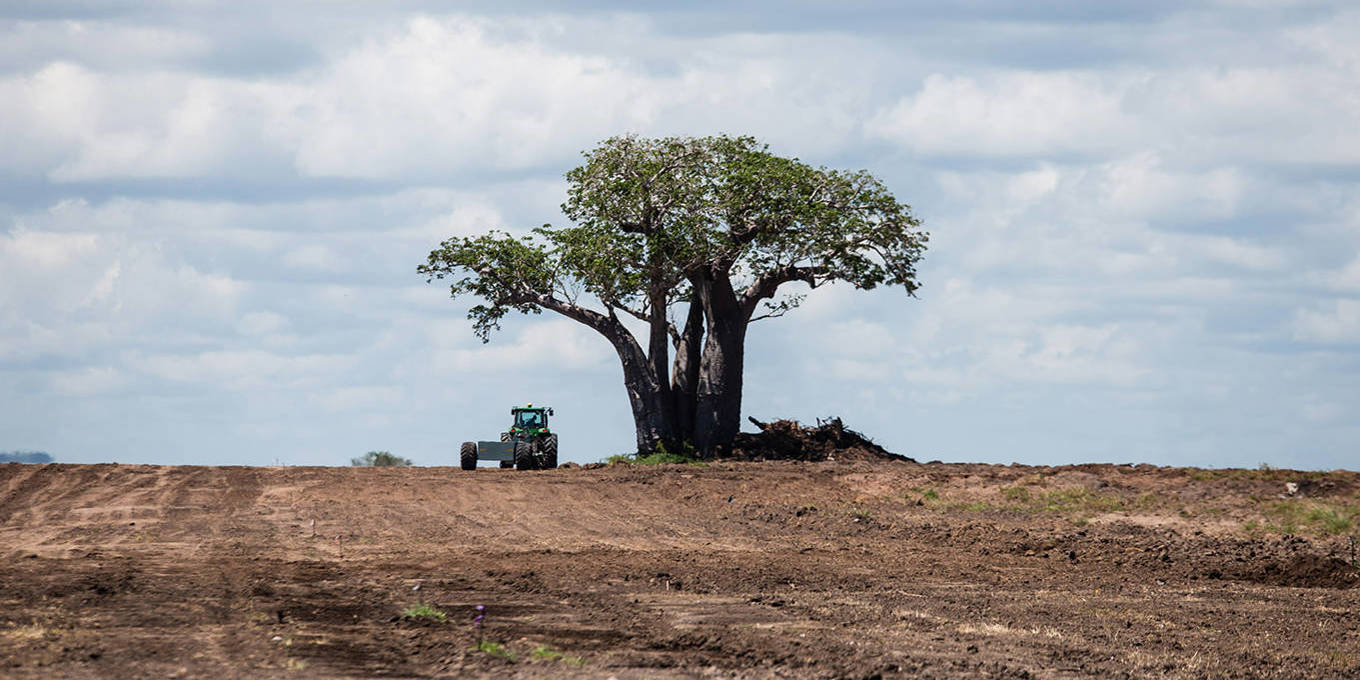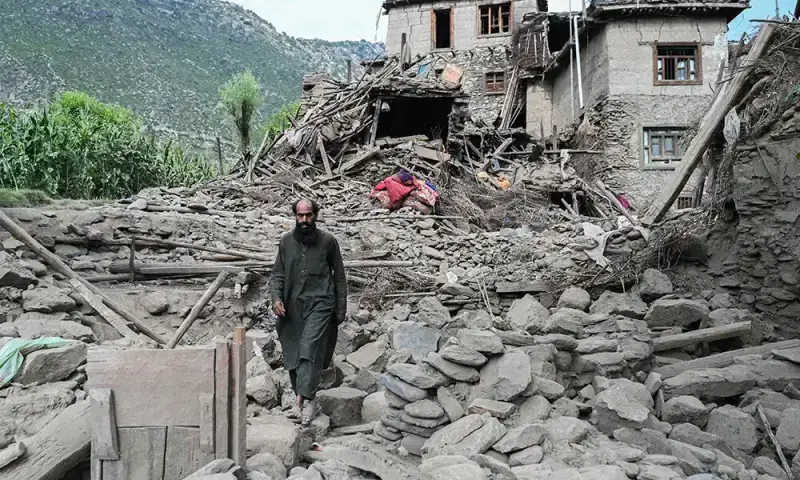Copyright Project Syndicate

WASHINGTON, DC – The international community is quick to highlight Africa’s development challenges and failures, often citing the continent’s limited progress on poverty reduction and climate action. Consider the persistent focus on Africa’s massive climate-finance gap, estimated at around $2.8 trillion between 2020 and 2030, and its unsustainable debt burden, with Sub-Saharan Africa (SSA) now spending more on debt service than it receives in climate finance. Much attention has also been devoted to African countries’ disappointing progress toward the United Nations Sustainable Development Goals. The continent is on track to achieve only 6% of the 32 measurable SDG targets by 2030. But these challenges are compounded by the lack of international development support. Nowhere is the gap between rhetoric and action more evident than in efforts to achieve SDG 15, which aims to protect, restore, and promote the sustainable use of terrestrial ecosystems, including by combating deforestation. From 2010 to 2020, Africa had the world’s largest annual rate of net forest loss, averaging 3.9 million hectares. Given the scale of the problem, the UN Climate Change Conference (COP30) in Belém must adopt a more proactive and comprehensive strategy to prevent deforestation and curb related environmental risks. A wide array of proven interventions – many seen as beyond the realm of climate policy – could protect millions of hectares of forest in Africa each year, especially in the Congo Basin, one of the most essential global commons. Home to the world’s second-largest tropical rainforest, the Congo Basin absorbs nearly 1.5 billion tons of carbon dioxide annually and is a biodiversity hotspot, with roughly 10,000 species of tropical plants, 30% of which are unique to the region. Preserving the Congo Basin is especially important because the insatiable global demand for Africa’s natural resources has decimated the continent’s forests. This process began in the 19th and early 20th centuries, as European imperial powers exported timber and cleared vast swaths of old-growth forest for cash crops such as cocoa, coffee, palm oil, tea, and rubber. It has continued and even intensified in recent years, driven by demographic pressures and rising Asian demand for raw materials. As a result, tropical Africa has lost around 22% of its forested area since 1900 – comparable to the more widely publicized losses in the Amazon. Deforestation is fast approaching a tipping point in the Congo Basin. Between 2002 and 2024, the Democratic Republic of the Congo, which contains about 60% of the Congo Basin rainforest, lost 7.4 million hectares of humid primary forest, which accounted for 36% of its total tree cover loss. If current deforestation rates persist, large portions of the Congo Basin could disappear by 2050, with dire consequences for global climate stability. Importantly, the world’s insatiable appetite for Africa’s natural resources is not the only driver of deforestation. Subsistence farming and increased housing demand, especially in rapidly growing urban areas, have also led to large-scale land-clearing, owing mainly to low agricultural productivity and poor territorial planning. In many African countries, crop yields reach only 20-30% of their potential because of the lack of irrigation (currently less than 5% of cultivated land in SSA is irrigated), sparse use of fertilizers and high-quality seed varieties, and inadequate access to technology. To meet the nutrition needs of a fast-growing population that is expected to reach 2.5 billion by 2050, farmers often compensate for low crop yields by clearing more land and resorting to reduced fallow periods. Unplanned urbanization is equally harmful. Poor housing standards and the proliferation of low-quality single-family homes that lack basic amenities have triggered urban sprawl. Many African cities – from Lagos and Douala to Kinshasa and Kibera – are growing out, not up, with millions of hectares of forest cleared to make room for such dwellings. Compounding these pressures is the fact that more than 70% of households in SSA still use wood for cooking and heating, leading to even more environmental degradation. This amplifies the negative long-term effects that poor urban planning has on the climate. Although world leaders declared their commitment to halting and reversing forest loss and land degradation at previous COPs, deforestation in Africa continues to outpace restoration efforts, including those by the African Forest Landscape Restoration Initiative and the Great Green Wall Initiative. And the European Union’s regulation on deforestation-free products, while a worthy endeavor, is unlikely to fix the imbalance. That is because focusing solely on the rainforest is not sufficient to save it. Investments that boost agricultural productivity, raise housing standards, and improve territorial planning – with an emphasis on compact, upward growth rather than urban sprawl – are essential to preserve the Congo Basin rainforest and prevent ecosystem collapse. Increasing crop yields and building better cities are not only among the most cost-effective strategies for climate-change adaptation; they also bring significant economic and social benefits. Moreover, by striking the right balance between immediate needs and long-term sustainability, investments in these areas can help Africa manage its demographic pressures without risking the planet’s future. For decades, African governments relied on cash crops and timber exports to build their foreign-exchange reserves, valuing growth and macroeconomic stability over sustainable development. African households are increasingly taking a similar approach, prioritizing basic needs over climate and environmental considerations. But in an era defined by the global climate crisis, Africans should not be forced into such a Cornelian dilemma. As the continent faces rapid population growth, continuing down this path would be destructive for the planet and everyone on it. To reduce the risk of crossing climate tipping points, the world must improve living standards in Africa. It is a price that must be paid to avert a climate disaster.



